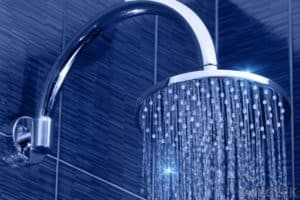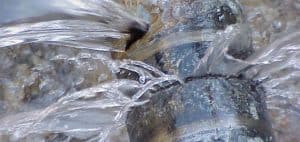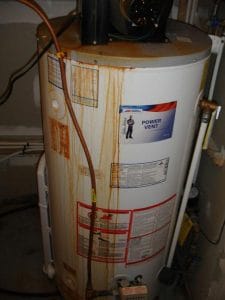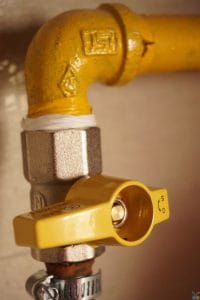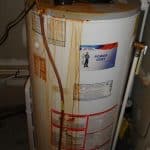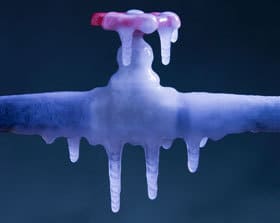Commercial Plumbing In Washington DC
Washington DC has many commercial buildings that require professional commercial plumbing. New commercial buildings require new plumbing installations like water supply pipes, water heaters, drainage and sewer systems, and various plumbing fixtures and appliances like faucets, sinks, toilets, etc. The older commercial buildings in Washington DC require regular and proper plumbing repairs and maintenance. All these commercial plumbing needs are met by the few commercial plumbers in the capital.
Plumber In DC is one of the few commercial plumbing companies in Washington DC. There are many plumbing companies in the city but very few provide commercial plumbing services. You need substantial resources in terms of manpower and plumbing tools and equipment to become a successful DC commercial plumber. Commercial plumbing companies provide a wide range of plumbing services in Washington DC including:
· Commercial sewer services
· Commercial drain cleaning services
· Commercial water heater services
· Commercial sump pump services
· Commercial plumbing repair services
· Commercial pipe thawing services
· Commercial gas plumbing services
· Commercial plumbing inspection and maintenance services
Some of the most established commercial plumbers also provide specialty plumbing services in Washington DC, such as remodeling and renovation services and commercial emergency plumbing services. DC Commercial plumbers serve a wide range of clients including local business owners, private and public institutions, government organizations, corporate bodies, industrial sites, production facilities, and many other commercial clients in the city. Commercial plumbing clients in Washington DC require plumbing pipes from time to time. These could be new pipes for a new commercial building or new pipes to replace old damaged plumbing pipes in an old commercial building. Plumbing pipes are usually made from either metal or plastic. Today we are going to look at some of the plastic plumbing pipes that are available in Washington DC and how to choose the best and avoid the worst.
Best Plastic Plumbing Pipes
If you want to install some new pipes in a commercial building, you will have to choose between metal and plastic. Three metals have been used to make plumbing pipes for many years in the city and these are:
· Lead
· Steel
· Copper
Lead pipes are now banned because of the risk of lead poisoning. Steel pipes are prone to rust and corrosion after a few decades of usage. Copper pipes seem like the best bet but they are quite expensive. That is where plastic plumbing pipes come in and save the day. Let us look at the best plastic plumbing pipes in the Washington DC area.
PEX Plastic
Cross-linked polyethylene tubing commonly known a PEX plastic is the best pipe for plumbing in DC. Here are some of the advantages of using PEX plastic pipes for plumbing:
· Up to 30% cheaper than copper
· Flexible hence easier to install
· No problem of pinhole leaks like copper
· It’s not corroded by acidic water
· Reduces the risk of frozen pipes
· Very durable
PVC Pipes
Some polyvinyl chloride or PVC pipes are ideal for commercial plumbing. Standard PVC has one major weakness. It cannot carry hot water. But chlorinated polyvinyl chloride or CPVC can carry hot water but it’s not durable. Instead of using any type of PVC for plumbing, go for PEX.
Worst Plastic Pipes
We cannot conclude this article without warning you about the worst type of plastic for plumbing. Kitec plastic was very popular from 1995-2007. This material has since been banned because it corrodes easily and leaks even during normal usage. It’s facing a class-action lawsuit.




